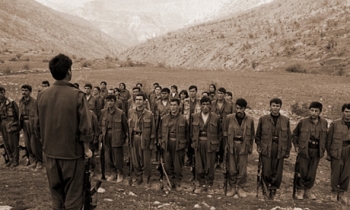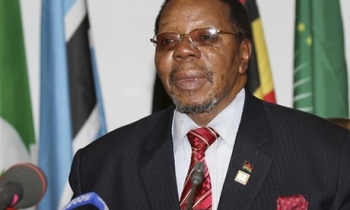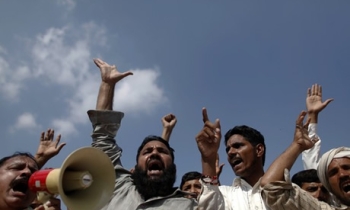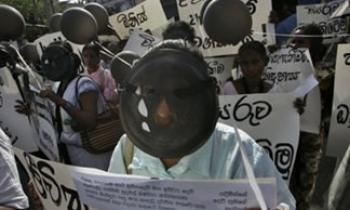A legislator is discovered to have $90,000 in alleged bribe money hidden in his home freezer. In the United States, the government prosecutes, courts rule, someone goes to jail and the news media report every step of the process.
Typically around Latin America, the government doesn't prosecute, because part of a politician's job is to steal and get rich in office. The courts look the other way because judges also are on the take. If journalists dare to report it, they're the ones who go to jail for violating the "dignity" of a public official.
We tend to take a free press for granted, but many Latin Americans view the news media as some of the few remaining checks on criminality and corruption. As we noted recently, it's a tragedy when a newspaper such as Mexico's Cambio Sonora closes its doors because of death threats. One reason Latin America's tyrants and thugs don't want a free press is that reporters, at great personal risk, serve as a major impediment to rampant lawlessness.
If, for example, the incident involving $90,000 found in Louisiana Rep. William Jefferson's freezer instead had occurred in Panama, journalists reporting it could face a month of prison time because the law prevents them from disclosing damaging details about the "private lives" of public officials.
In fact, two journalists received 12-month prison terms in 2003 for reporting that two government ministers had used public funds to build a highway to their private property.
Last year in Chiapas, Mexico, a reporter was sent to a maximum-security prison on a defamation charge - charge, not conviction - for reporting that an official had diverted school-construction funds to build himself a house.
The region has plenty of sensationalists writing exaggerated or outright wrong stories. But there are scores of examples of journalists doing the watchdog job that the judiciary and government won't. That's why it means so much in Latin America when newspapers are silenced by threats, prosecution or intimidation.
Beyond questions of free speech, press censorship marks the slow disappearance of accountable government, the heart and soul of any viable democracy.









